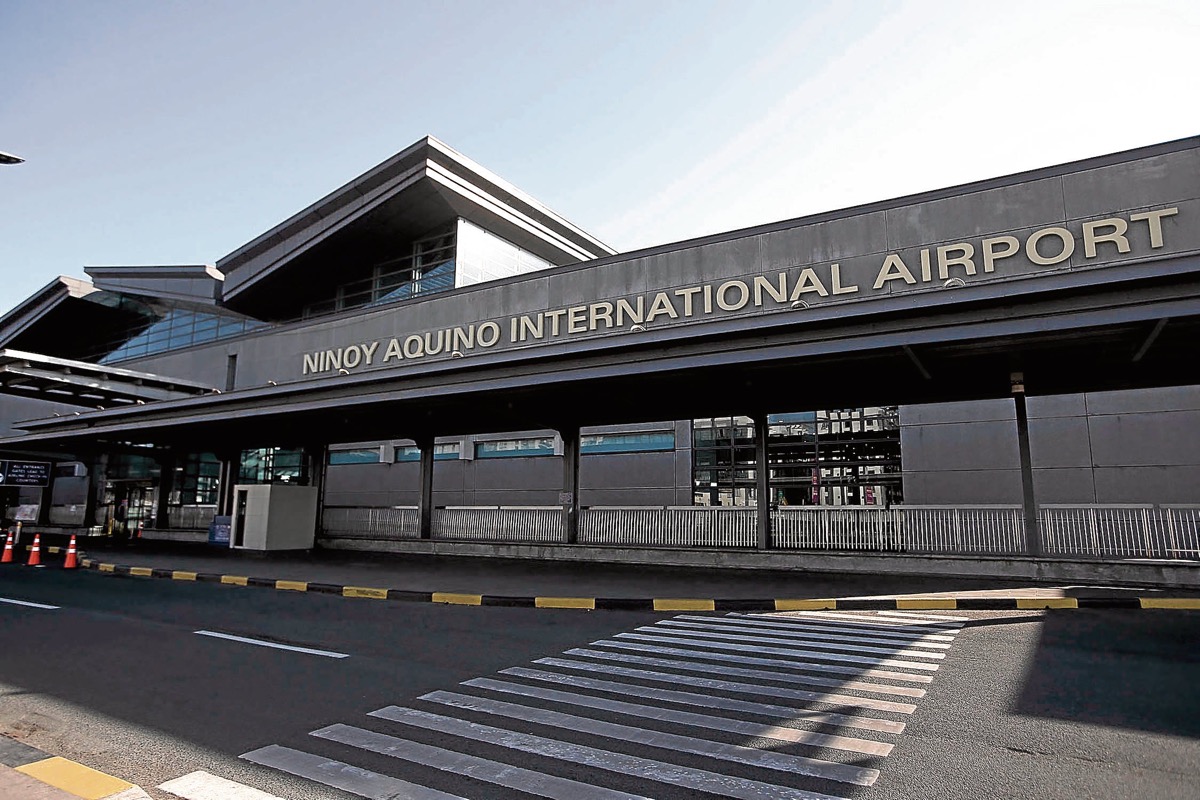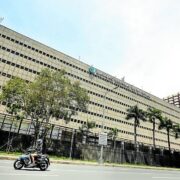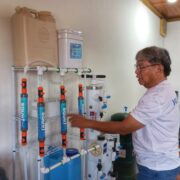SC urged: Void Naia PPP deal

Present and former airport employees, together with nonprofit organizations and concerned citizens, asked the Supreme Court (SC) on Tuesday to stop the enforcement of an order imposing rate adjustment rules at Ninoy Aquino International Airport (Naia) and to also void the public-private partnership (PPP) agreement between the government and San Miguel Corp.’s New Naia Infrastructure Corp. (NNIC).
In a 36-page pleading, the petitioners, represented by lawyer Christoper Belmonte, urged the high tribunal to declare as illegal and void both Manila International Airport Authority’s (MIAA) Administrative Order (AO) No. 1 and Naia’s concession agreement with NNIC.
They argued that the AO and the agreement bypassed public participation and disregarded due process in approving what they described as “sweeping airport fee hikes.”
“This was done without genuine public consultation. Not one overseas Filipino worker (OFW), not one airport worker, not one ordinary passenger was meaningfully heard before these rate increases were approved,” Belmonte said.
The petition was filed four months after a separate group of lawyers also questioned before the high court AO 1 and the concession agreement for allegedly violating their constitutional rights to due process and equal protection of the law.
The latest petitioners included workers from Philippine Airlines, Naia, private citizens and groups like the Samahang Manggagawa sa Paliparan ng Pilipinas, Freedom From Debt Coalition and OFW Wellness Association Inc.
Named as respondents were Executive Secretary Lucas Bersamin, the Department of Transportation (DOTr), MIAA and NNIC.
The concession agreement dated March 18, 2024, is a contract between the DOTr, MIAA and NNIC that covers the rehabilitation, operation, expansion and eventual transfer of Naia.
It grants NNIC the right to operate and maintain the airport for 15 years, extendable by another 10 years.
The NNIC began collecting fees and charges at Naia on Oct. 1, 2024, following the publication of AO 1, which enforced hikes in parking rates, land lease and office space rentals, among others.
Blindsided, excluded
Covered by the AO 1 are regulated fees and charges, such as the passenger processing charges or the fees at check-in counters and self-check kiosks.
Other regulated charges are concession privilege fees; royalty fees on the sale of aviation fuel, oil, grease and lubricants; and vehicle parking fees.
Also covered are miscellaneous regulated charges—such as electric power, water and communication fees—which can be increased 15 days after the last publication of AO 1.
According to the petitioners, they were “blindsided” and “excluded from the process” as they were not provided a full account of the events leading to the signing and implementation of AO 1 and the concession agreement.
They claimed that the supposed public hearings or consultations held in February 2024 were “sham proceedings conducted for the sake of compliance only.”
At the same time, they also questioned the alleged violation of the doctrine of nondelegation of legislative powers, arguing that Congress delegated the authority to fix rates to MIAA, DOTr and ultimately the Cabinet.
The petitioners, however, clarified that they are not against development and even welcome the initiative to boost the standards of the country’s gateways and critical infrastructure.
“But progress must never come at the expense of participatory governance. It must never be rushed, cloaked in secrecy, or imposed without due regard [for] the voice and welfare of the people,” they said.
“For in the end, NAIA does not merely belong to any private operator or administrative body, it belongs to the Filipino people. And decisions that affect its future must be made with them, not apart from them,” the petitioners added.

















